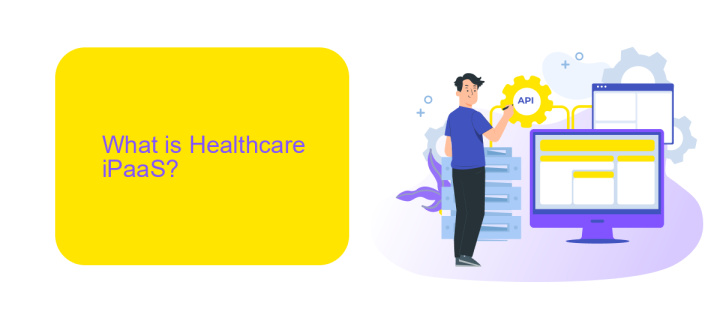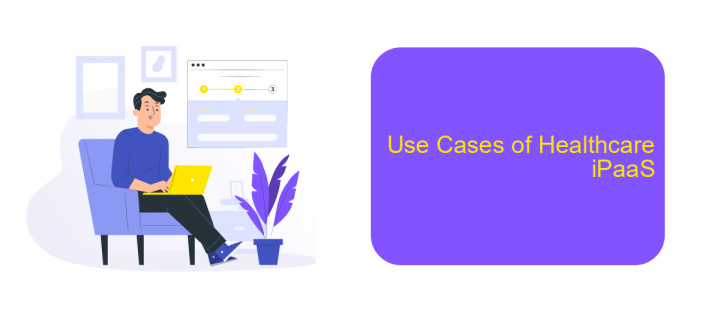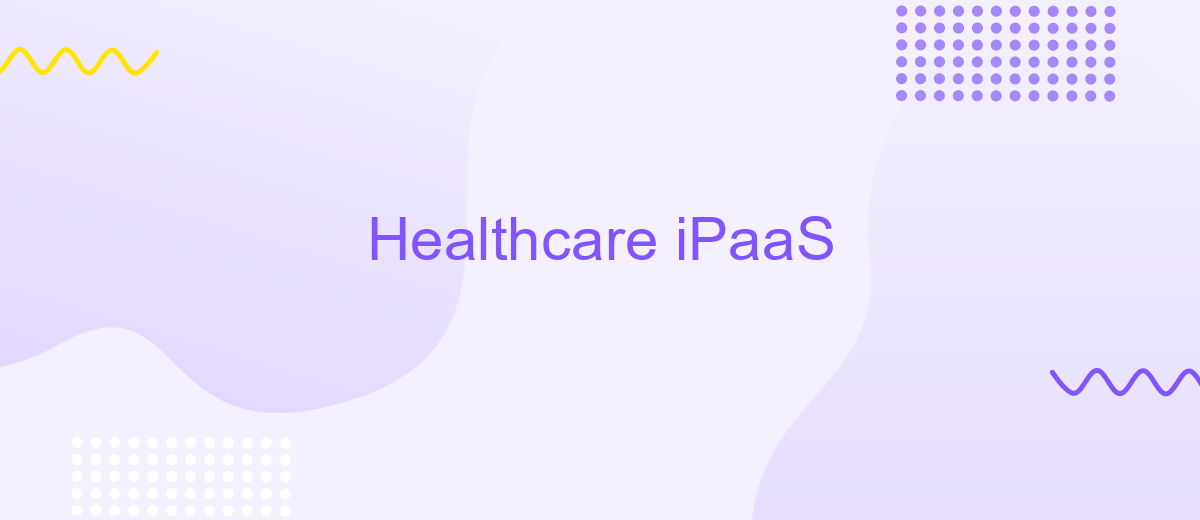Healthcare iPaaS
In the rapidly evolving landscape of healthcare, integrating diverse systems and data sources is crucial for enhancing patient care and operational efficiency. Healthcare Integration Platform as a Service (iPaaS) offers a seamless solution, enabling healthcare providers to connect disparate applications and data streams effortlessly. This article explores the transformative potential of iPaaS in healthcare, highlighting its benefits, challenges, and real-world applications.
Introduction
Healthcare iPaaS (Integration Platform as a Service) is revolutionizing the way healthcare organizations manage data and streamline operations. By providing a unified platform for integrating various healthcare systems, iPaaS ensures seamless data flow and improved patient care. This technology addresses the growing need for interoperability in healthcare, making it easier to connect disparate systems and applications.
- Facilitates seamless integration of electronic health records (EHRs), lab systems, and billing software.
- Enhances data accuracy and reduces manual entry errors.
- Improves patient care by providing a comprehensive view of patient data.
- Streamlines workflows and reduces operational costs.
One notable service in this domain is ApiX-Drive, which simplifies the integration process by offering a user-friendly interface and pre-built connectors for various healthcare applications. By leveraging such services, healthcare providers can focus more on patient care and less on managing complex IT infrastructures. The adoption of iPaaS in healthcare is not just a trend but a necessity for achieving efficient and effective healthcare delivery.
What is Healthcare iPaaS?

Healthcare iPaaS, or Integration Platform as a Service, is a cloud-based solution designed to streamline and automate the exchange of data between various healthcare systems and applications. By leveraging iPaaS, healthcare providers can ensure seamless interoperability between electronic health records (EHRs), patient management systems, laboratory information systems, and other critical healthcare applications. This integration facilitates real-time data sharing, enhancing patient care, improving operational efficiency, and ensuring compliance with regulatory requirements.
One of the key advantages of Healthcare iPaaS is its ability to simplify the integration process through user-friendly interfaces and pre-built connectors. For instance, services like ApiX-Drive offer robust tools to set up and manage integrations without requiring extensive technical expertise. With ApiX-Drive, healthcare organizations can easily connect disparate systems, automate workflows, and ensure data consistency across platforms. This not only reduces the burden on IT departments but also accelerates the deployment of new services, ultimately leading to better patient outcomes and more efficient healthcare delivery.
Benefits of Healthcare iPaaS

Healthcare Integration Platform as a Service (iPaaS) offers numerous benefits to healthcare organizations by streamlining data integration and improving overall efficiency. By leveraging iPaaS solutions, healthcare providers can seamlessly connect disparate systems, ensuring better data flow and communication across various platforms.
- Improved Data Accuracy: iPaaS ensures that data is consistently accurate and up-to-date, reducing the risk of errors and enhancing patient care.
- Cost Efficiency: By automating data integration processes, iPaaS reduces the need for manual intervention, saving time and resources.
- Enhanced Interoperability: iPaaS platforms like ApiX-Drive facilitate seamless integration between different healthcare systems, promoting better collaboration and information sharing.
- Scalability: iPaaS solutions are highly scalable, allowing healthcare organizations to easily adapt to changing needs and growing data volumes.
- Compliance and Security: iPaaS platforms adhere to strict regulatory standards, ensuring that patient data is securely managed and compliant with healthcare regulations.
Incorporating an iPaaS solution like ApiX-Drive can significantly enhance the operational efficiency of healthcare providers. By automating and streamlining data integration processes, healthcare organizations can focus more on delivering high-quality patient care and less on managing complex IT systems.
Use Cases of Healthcare iPaaS

Healthcare iPaaS (Integration Platform as a Service) offers numerous use cases that streamline operations and enhance patient care. By enabling seamless integration of disparate healthcare systems, iPaaS platforms ensure that critical data flows smoothly between Electronic Health Records (EHR), laboratory systems, and billing software.
One prominent use case is the synchronization of patient data across multiple platforms. This ensures that healthcare providers have real-time access to comprehensive patient histories, which is crucial for accurate diagnosis and treatment. Additionally, iPaaS can facilitate the integration of telehealth services, allowing for more efficient remote consultations and monitoring.
- Automated data transfer between EHR systems and laboratory information systems
- Integration of billing and insurance claim processing systems
- Real-time data synchronization for telehealth and remote patient monitoring
- Streamlined patient appointment scheduling and reminders
Services like ApiX-Drive play a vital role in these integrations by offering pre-built connectors and easy-to-use interfaces, reducing the need for extensive IT involvement. This allows healthcare providers to focus more on patient care rather than technical challenges, ultimately improving the quality of healthcare services.
Conclusion
In conclusion, Healthcare iPaaS represents a transformative approach to integration, enabling healthcare providers to seamlessly connect disparate systems and streamline their operations. By leveraging cloud-based platforms, organizations can enhance data interoperability, improve patient care, and reduce operational costs. The flexibility and scalability of iPaaS solutions make them an ideal choice for healthcare institutions aiming to stay competitive in an ever-evolving landscape.
Moreover, tools like ApiX-Drive simplify the integration process by providing user-friendly interfaces and automated workflows. This allows healthcare providers to efficiently manage data flows between various applications and systems without the need for extensive technical expertise. As the healthcare industry continues to embrace digital transformation, the adoption of iPaaS solutions will undoubtedly play a crucial role in achieving operational excellence and delivering high-quality patient care.


FAQ
What is Healthcare iPaaS?
How does iPaaS benefit healthcare organizations?
What are the key features of a Healthcare iPaaS solution?
How can iPaaS improve data interoperability in healthcare?
What should healthcare organizations consider when choosing an iPaaS solution?
Time is the most valuable resource in today's business realities. By eliminating the routine from work processes, you will get more opportunities to implement the most daring plans and ideas. Choose – you can continue to waste time, money and nerves on inefficient solutions, or you can use ApiX-Drive, automating work processes and achieving results with minimal investment of money, effort and human resources.

